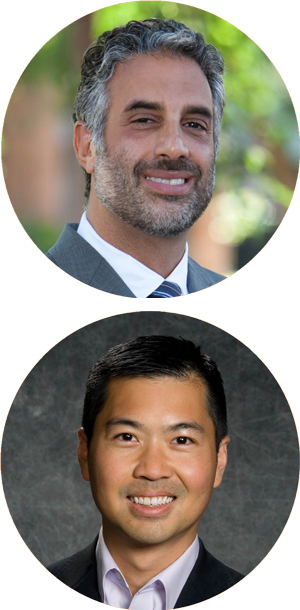
Consistently recognized as one of the top international programs in the country by
U.S. News and World Report, McGeorge School of Law continues to be distinguished by the breadth and depth of our faculty's engagement with international law and transnational practice. We are excited to share an abundance of good news this year, including the appointment of international criminal law expert Stephen Smith Cody to the faculty, the creation of an endowed professorship in international law, a stream of cutting-edge symposia, a fund to support student opportunities abroad, and a rich diversity of new scholarship by our faculty.
Omar Dajani and Jarrod Wong
Professors of Law; Co-Directors, Global Center at McGeorge School of Law
|
|
Passing the Baton in International Criminal Law
In March 2016, McGeorge's Global Center convened a symposium to celebrate the work of Distinguished Professor and Scholar Linda Carter, who retired this year from teaching. Linda will pass the baton to Visiting Assistant Professor Stephen Cody, whose current research focuses on improving the protection and care of victims and vulnerable witnesses in international criminal proceedings. Previously, Stephen directed the Atrocity Response Program at the Human Rights Center at Berkeley Law.
Happily, Linda will continue her scholarly work from her office on campus. Her current project,
Two Steps Forward, One Step Back: The Deterrence Effect of the International Criminal Tribunals (co-edited with Jennifer Schense), presents ten case studies of conflict and post-conflict countries in which an international criminal tribunal has played a role. Analyzing new data on the perceptions of military and political leaders, convicted perpetrators, victims, civil society, and academic experts in each country, the book offers insights into how policy-makers may best communicate about and position an international criminal tribunal to contribute to deterrence of war crimes. The book will be published by the Nuremberg Principles Academy in 2017.
|
|
Carol Olson Endowed Professorship in International Law Established
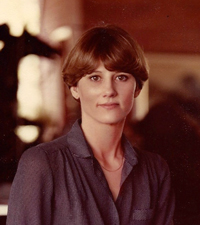 The Carol Olson Endowed Professorship of International Law will be established at McGeorge thanks to a gift from Steve Ellyson and a matching grant from the Powell Fund. The Professorship is named in memory of Ellyson's recently-deceased wife Carol Olson (J.D. '83), who served on the McGeorge faculty for several years. It is intended to support the education of those who work to champion and advance the cause of international human rights.
|
As part of McGeorge's UTOPIA500 Project, Michael Malloy lectured on "Thomas More's UTOPIA and Socio-Economics," part of the Oxford Conference on Business, Economics, Poverty & Inclusive Capitalism, held at the Saïd School of Business, Oxford University, U.K. He argued that the book - 500 years old in 2016 - offers a prescient analysis of a range of issues that anticipate socio-economics. Separately, as a U.S. representative to the Real Estate Markets Advisory Group, Malloy participated in the 76th plenary session of the Committee for Housing and Land Management, UN Economic Commission for Europe (UNECE) in Dec. 2015 and in a May 2016 meeting of international experts to develop a global framework for sustainable real estate markets through revisions in the UNECE Policy Framework for Sustainable Real Estate Markets.
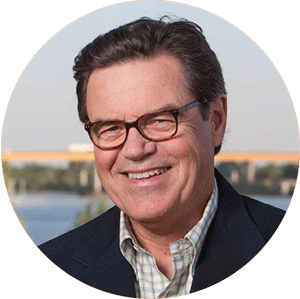 Elected on nomination by Switzerland, Stephen McCaffrey serves on the Implementation Committee of the UNECE Convention on the Protection and Use of Transboundary Watercourses and International Lakes, which provides an intergovernmental platform for the day-to-day development and advancement of transboundary water resources cooperation. Elected on nomination by Switzerland, Stephen McCaffrey serves on the Implementation Committee of the UNECE Convention on the Protection and Use of Transboundary Watercourses and International Lakes, which provides an intergovernmental platform for the day-to-day development and advancement of transboundary water resources cooperation.
Raquel Aldana was  re-named to serve a second term in the Latin American Council of the American Bar Association Rule of Law Initiative. In that capacity, she traveled to Peru as part of its Rule of Law Initiative to provide support to the government of Peru as its criminal system transitions from an inquisitorial to an adversarial model. re-named to serve a second term in the Latin American Council of the American Bar Association Rule of Law Initiative. In that capacity, she traveled to Peru as part of its Rule of Law Initiative to provide support to the government of Peru as its criminal system transitions from an inquisitorial to an adversarial model.
Franklin Gevurtz is 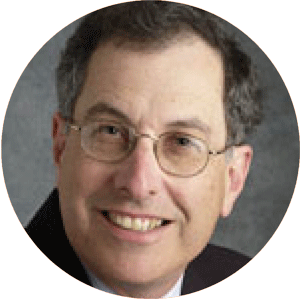 Secretary of the American Society of Comparative Law and the Special Issue editor of the American Journal of Comparative Law issue containing the U.S. National Reports to the 2018 International Congress of Comparative Law. Secretary of the American Society of Comparative Law and the Special Issue editor of the American Journal of Comparative Law issue containing the U.S. National Reports to the 2018 International Congress of Comparative Law.
Linda Carter is speaking
at the Taiwan Judges Academy
on "Death Penalty Proceedings in the United States:
A Continuing Search for Fairness" and at the International Symposium on Evaluation for Capital Sentencing in Taipei in Nov. 2016.
Furthering his and the Global Center's work on "glocalization,"
Omar Dajani
will deliver on Nov. 3, 2016, a paper at a regional roundtable on Decentralization and the State in the Arab Region convened by International IDEA and the Arab Association of Constitutional Law. He also serves on the Organizing Committee of Yale Law School's Middle East Legal Studies Seminar, which brings together leading practitioners, judges, and legal academics from across the region.
Jarrod Wong serves on the Executive Committee and is Co-Vice Chair of the Academic Council of the Institute for Transnational Arbitration (ITA). Founded in 1986, the ITA is a prominent educational forum in the field of international arbitration. He is also Co-Chair of the 2017 Annual ITA Workshop in Dallas. Separately, he is Co-Vice Chair of the International Economic Law Interest Group of the American Society of International Law (ASIL), spoke on the lunch keynote panel at the 2015 ASIL Research Forum in Washington, D.C. on "Investor Dispute Settlement and the Rule of Law," and organized and moderated a panel on the apparent fragmentation of the ISDS regime at the 2016 ASIL Annual Meeting.
|
|
New Support for International Opportunities for Students
The Elizabeth Rindskopf Parker Global Center Endowment, established by McGeorge's International Board of Advisers in honor of our former Dean, offers grants to students to enable them to pursue professional opportunities abroad.
The inaugural grant was awarded to Liliya Walsh ('17) to facilitate her travel to Nepal, where she worked with the
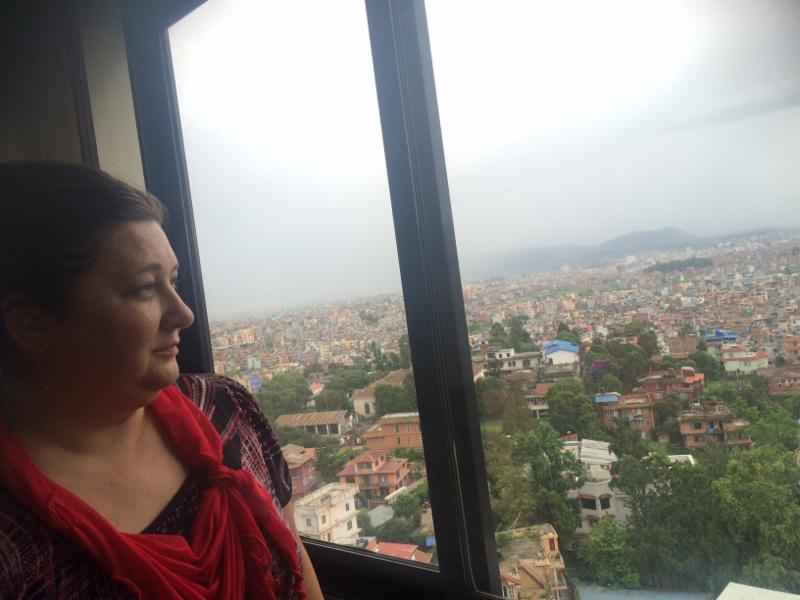 Constitutional Center for Youth Development in Kathmandu to develop initiatives for bolstering the legal protection of Nepalese migrant workers in Malaysia and the Arabian Gulf countries. Liliya's work laid the foundation for a larger migrant assistance project in which a number of other McGeorge students have already become involved.
Other McGeorge students who interned abroad include: Emanuel Avila-Martin (Supreme Court of Costa Rica); Chris Benton (University of Parma); Vilma Casanova (Supreme Court of Costa Rica); Michael Elizondo (Parades Commission of Northern Ireland and Extraordinary Chambers in the Courts of Cambodia); Pat Ford (Loyens & Loeff); Ana Gonzales (Supreme Court of Costa Rica); Michele Gish (African Court for Human and Peoples' Rights); and Katie Hulse (Irish Refugee Council).
|
|
2015-16 Symposia & Workshops
|
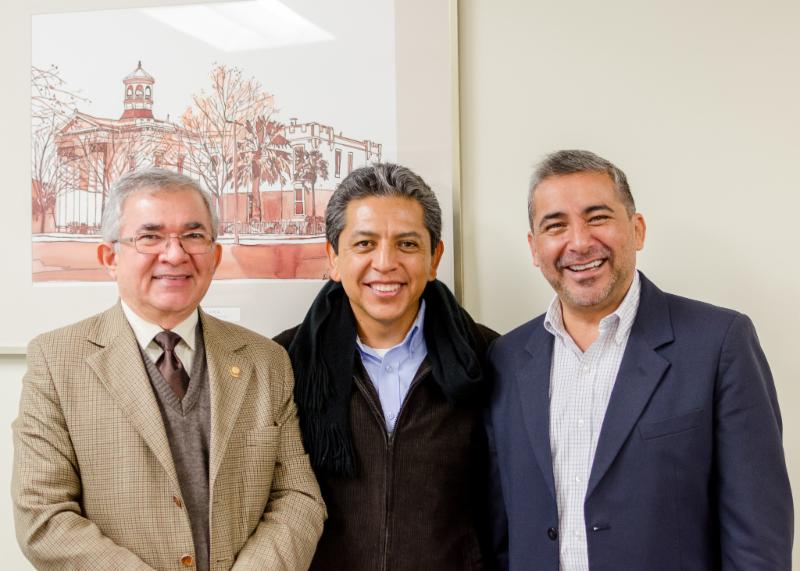 Following a
study trip to Guatemala by a small delegation of law professors, lawyers, and law students, McGeorge convened a study space workshop on December 4, 2015, entitled, "
From Extraction to Emancipation: Reimagining Development for Guatemala." The project closely examines the relationship between the state of Guatemala and corporations and the related theme of corporate social responsibility. Participants included Marcia Narine (St. Thomas University), Patrícia Galvão Ferreira (The Centre for International Governance and Innovation), Jorge Guzman & Mario Mancilla (CAFTA Secretariat for Environmental Affairs), José R. Juárez, Sturm College of Law (University of Denver), Ricardo Colmenares Olivar (University of Zulia, Venezuela) and McGeorge professors Raquel Aldana, Julie Davies, Blake Nordahl, Rachael Salcido.
On February 19, 2016, McGeorge hosted a searching symposium on investment treaty arbitration, "
Grappling with Investor-State Dispute Settlement in and beyond the Trans-Pacific Partnership and the Transatlantic Trade and Investment Partnership."
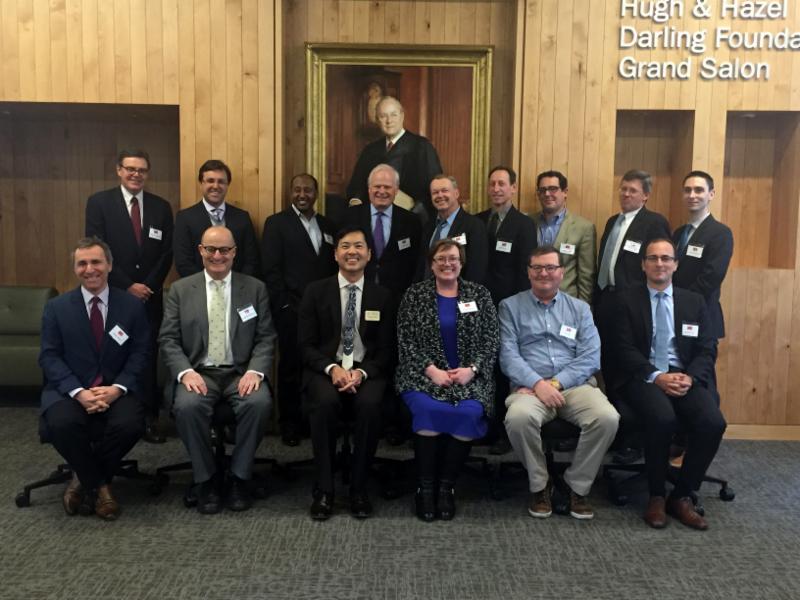 The symposium contemplated the future of investor-state arbitration with TPP and TTIP on the horizon, and in the face of its legitimacy crisis. Expert panelists included the former U.S. Ambassador to Australia and Special Counsel to President Obama, the Chief of Investment Arbitration at the U.S. State Department's Office of the Legal Adviser, practitioners, and academics from the law schools of the University of Arizona, University of California, Berkeley, University of California, Davis, McGeorge, McGill, University of Michigan, Notre Dame, Federal University of Rio Grande do Sul, Porto Alegre, Brazil, Thomas Jefferson, Seattle, Stanford and University of Wisconsin.
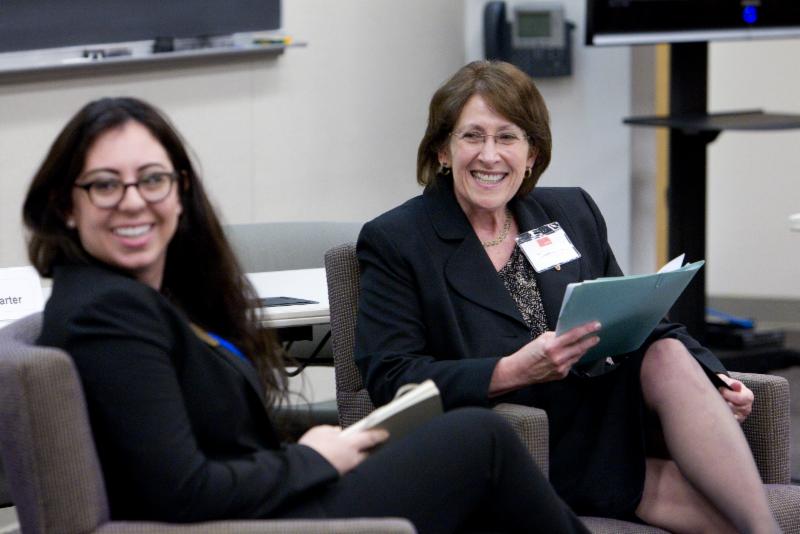 In March 2016, McGeorge's Global Center convened a symposium to celebrate the work of Distinguished Professor and Scholar Linda Carter, who retired this year from teaching. Entitled "
Crimes without Borders: In Search of an International Justice System," the day-long program featured panels exploring the challenges of developing an effective system of international criminal justice, including the impact of politics, the importance of national-international partnership, the choice of procedures, and non-judicial transitional justice processes. Participants included Judge Fausto Pocar, Chris Blakesley, Mark Ellis, Charles Jalloh, Linda Keller, Viviana Krsticevic, Ron Slye, Leigh Swigart, Jenia Turner, and Beth Van Schaack, as well as Mcgeorge faculty members.
|
|
Upcoming 2016-17 Symposia & Events
|
|
AALS International Programs Breakfast 2017
Going Glocal: Linking the Two Worlds in Legal Education, Scholarship and Faculty Initiatives
Jan. 6, 2017, Hilton San Francisco Union Square, San Francisco
At the forthcoming 2017 AALS annual meeting, the Global Center will once again host the longtime Annual McGeorge School of Law Breakfast for International Law faculties. This annual event follows last year's breakfast, at which a thought-provoking discussion ensued on "Rule of Law Faculty Initiatives and the Role of U.S. Law Schools."
This coming January's breakfast, "Going Glocal: Linking the Two Worlds in Legal Education, Scholarship and Initiatives," will gather international law faculty attendees to share their efforts to converge the local and global in their pedagogy, scholarship and programming initiatives so as to deepen our understanding of the relationship between domestic and international regimes, institutions and laws.
Please join in the discussion on Friday, January 6, 2017 at the Union Square 21 Room, 4th Floor, Tower 3, Hilton San Francisco Union Square from 7:15 am until 8:30 a.m.
|
|
On March 3, 2017, McGeorge's Global Center will convene a symposium entitled "
Regulating Marijuana at Home and Abroad." It will focus on a host of important issues as we move towards legalization in the United States, with a special emphasis on comparative law. One panel will explore developments in Central and South American and in Canada. Other speakers will focus on issues such as the environmental costs involved with production of marijuana, insurance law questions, the business of marijuana production, and health and safety concerns.
And on May 26, 2017, McGeorge will host the first in a two-part symposium entitled, "
From Revolution to Devolution? The Future of the State in the Middle East." This interdisciplinary symposium, which is co-convened by UCLA School of Law and its Center for Near Eastern Studies, will explore the extent to which and the means through which political decentralization offers a sound policy response to ethnic and religious conflict and other governance problems faced by states in the region. Confirmed participants include Aslı Bâli (UCLA), Sari Bashi (Human Rights Watch), John McGarry (Queen's), Balakrishna Menon Parameswaran (World Bank), Philip Roeder (UCSD), Gareth Stansfield (Exeter University), Stefan Wolff (University of Birmingham) and Marie-Joelle Zahar (Montreal University).
|
|
|
|
| |
|
|
Recent International Scholarship by McGeorge Faculty
|
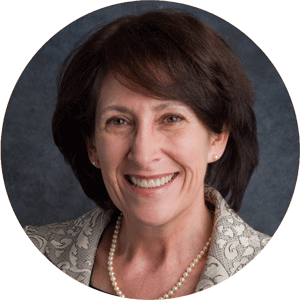 In
The International Criminal Court In An Effective Global Justice System (Edward Elgar, forthcoming 2016),
Linda Carter, and coauthors Mark Ellis and Charles Jalloh, analyze how the ICC can best coordinate with other national and regional mechanisms and the UN Security Council, to establish an international system that ensures accountability for atrocity crimes.
|
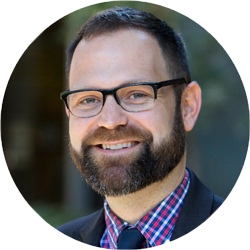 In
Legitimacy, Procedural Justice, and Victim Participation in Uganda,
Legitimacy And Effectiveness At The International Criminal Court (Cecilia Bailliet and Nobuo Hayashi eds., Cambridge University Press forthcoming 2017),
Stephen Cody draws on 139 interviews in northern Uganda to show how procedural justice shapes victim participants' views of the legitimacy of the ICC.
In
Witness Testimony, Support, and Protection at the International Criminal Court,
Africa and the International Criminal Court (Kamari Clarke and Eefje de Volder eds., Cambridge University Press forthcoming 2016),
Cody, and coauthors Alexa Koenig and Eric Stover, look to survey interviews with 109 witnesses to demonstrate that witnesses experience trepidation about their safety and their ability to withstand the rigors of recalling painful memories in trials.
In
Children as Victims and Participants in International Justice,
2:1 The Clarion: IHRC J. Hum. Rts.Volume (Fall 2016),
Cody discusses the forthcoming Policy on Children at the ICC and its effort to recognize children as dynamic individuals who, depending on context, may be both naive and savvy, beneficiaries and agents, defenseless and indomitable.
In
The Victims' Court? A Study of 622 Victim Participants at the International Criminal Court, Hum. Rts. Center, U.C. Berkeley L. Sch. (2015).
Cody, and coauthors Stephen S., Eric Stover, Mychelle Balthazard, and Alexa Koenig, argue, based on interviews with 622 victim participants, that the ICC must either invest more resources and think more creatively about how it can meet the pragmatic and psychosocial needs of victim participants or revamp victim-related programs entirely.
|
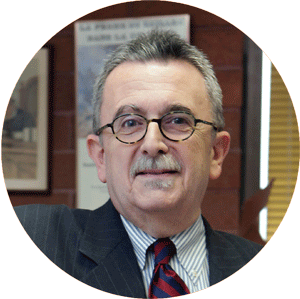 Economic Sanctions (Michael P. Malloy, ed., Edward Elgar 2015) is Michael Malloy's two-volume anthology covering current challenges concerning the use of sanctions as tools of antiterrorism policy and human rights enforcement, as well as the ongoing controversy over the effectiveness of sanctions. Economic Sanctions (Michael P. Malloy, ed., Edward Elgar 2015) is Michael Malloy's two-volume anthology covering current challenges concerning the use of sanctions as tools of antiterrorism policy and human rights enforcement, as well as the ongoing controversy over the effectiveness of sanctions.
In
Payment Systems and Harmonization, in
Global Wisdom on Business Transactions, International Law and Dispute Resolution 271 (Christian Cascante et al., eds., 2015),
Malloy examines approaches to harmonization in the law of payment systems and argues that, in an increasingly globalized commercial setting, law must be a medium for rendering competing legal perspectives consistent with one another, or stress fractures will exhibit themselves in transactions that operate across national borders
In
There are no Bitcoins, Only Bit Payers: Law, Policy and Socio-Economics of Virtual Currencies, in
Selected Issues in Public Private Law 13 (David A. Frenkel, ed., Athens Inst. for Educ.& Res. 2015),
Malloy criticizes current improvised approaches toward "cryptocurrencies," and argues that they should be treated as investment and commercial notes.
In
Risk Management in Financial Services,
Business, Economics And Mercantile Law: Selected Issues 11 (David A. Frenkel & Anna Chronopoulou eds., Athens Institute for Edcuation and Research, 2016),
Malloy assesses the extent to which Federal Reserve revisions to its Policy on Payment System Risk adequately conform to prevailing international standards and the supervisory framework established in the 2010 Dodd-Frank Act.
|
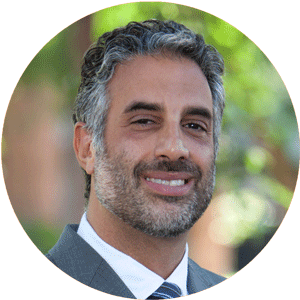 In
Divorce Without Separation: Reimagining the Two-State Solution, 15
Ethnopolitics 366 (2016),
Omar Dajani evaluates innovative new approaches to a two-state solution for Palestine/Israel.
|
 In
BG Group v. Argentina: A Supreme Misunderstanding of Investment Treaty Arbitration, 43
Pepp. L. Rev. 541 (Symp.) (2016),
Jarrod Wong argues that the U.S. Supreme Court erred in reviewing the investment treaty award in BG Group when it failed to engage the Vienna Convention and recognize the award's sovereign international character.
In
Panel Proceedings: Transparency and Procedural Due Process in International Economic Law,
109 American Society of International Law Proceedings 319 (2016),
Wong and his co-panelists at the 2015 ASIL Annual Meeting explore the simultaneously elusive and opaque concept of transparency in trade and investment law.
In
Panel Proceedings: Forum non Concurrence in the Resolution of Investment Treaty Disputes, 110
American Society Of International Law Proceedings __ (forthcoming 2017),
Wong and his co-panelists at the 2016 ASIL Annual Meeting consider the apparent fragmentation of fora for resolving investor-state treaty disputes.
|
 In
UN Watercourses Convention: Implementation and Relationship to the UNECE Water Convention, 46
Envtl. Pol'y & L. 35 (2016),
Stephen McCaffrey considers the relationship between the two global treaties dealing with international watercourses.
In
The Human Right to Water: A False Promise?
47 U. Pac. L. Rev. 221 (2016),
McCaffrey examines the difficulties States have had with implementing the human right to water and the objections to the right by some leading countries.
Pollution of Shared Freshwater Resources in International Law,
Transboundary Pollution Evolving Issues Of International Law And Policy, 81 (S. Jayakumar, et al. eds., Edward Elgar 2015) is a bookchapter
McCaffrey contributed at the invitation of the National University of Singapore for a conference on Transboundary Pollution held in Singapore.
In
The 1997 UN Convention: Compatibility and Complementarity,
The UNECE Convention On The Protection And Use Of Transboundary Watercourses And International Lakes 49 (Attila Tanzi et al. eds., Brill 2015),
McCaffrey compares the two global treaties on international watercourses.
In The Siren Song of Sovereignty: From the Harmon Doctrine to the International Law Commission's Draft Articles on Transboundary Aquifers, in
A History Of Water, Series III, vol. 2, Sovereignty & Development Of International Water Law 47 (Terje Tvedt et al. eds., I.B. Tauris 2015),
McCaffrey examines critically the use of "sovereignty" in draft articles adopted by the International Law Commission on the Law of Transboundary Aquifers.
|

In
Banning Metal Law Mining in Guatemala, 40
Vt. L. Rev. 597 (2016),
Raquel Aldana and coauthor Randall S. Abate present the best case for a metal mining ban in Guatemala while exploring alternatives to minimize the investor liability costs to the country.
In
Intercultural Legal Sensibility as Transformation,
25 S. Ca. Interdisc. L.J. 1 (2016),
Aldana offers a reflection on what it might mean to infuse the teaching of intercultural legal sensibility with the necessary lessons to avoid perpetuating cultural dominance and global power imbalances through law.
|

In
Globalizing Up Corporate Law, 68
SMU L. Rev. 741 (2015),
Franklin Gevurtz explores cases in which the globalization of capital markets resulted in large shareholders becoming subject to more demanding corporate law than found in their home countries.
In
Building a Wall against Private Action for Overseas Injuries: The Impact of RJR Nabisco v. European Community,
U.C. Davis J. Int'l L. & Pol'y (forthcoming 2017),
Gevurtz shows how the Supreme Court's recent application of the presumption against extraterritoriality may cut off private recovery for overseas injuries under virtually every federal statute.
|
 In
The Animal Welfare Act at Fifty: Problems and Possibilities in Animal Testing Regulation, 95
Neb. L. Rev. _ (forthcoming 2016),
Courtney G. Lee compares U.S. law to those of the European Union, India, Israel, South Korea, New Zealand, and other countries to argue for stronger, more definitive provisions in the U.S. Animal Welfare Act as it relates to scientific research using animals.
|
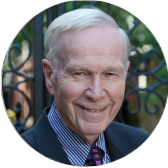 In
Balancing Tested Poverty Alleviation Means Amidst Epochal Governance Challenges,
Democratic Governance, Public Administration And Poverty Alleviation (Pan-Suk Kim & Demetrios Argyriades, eds., Brussels: Bruylant, October 2015) 111-144,
Chester A. Newland analyzes poverty policies around the globe.
|

In
Bargained-for-Justice: Lessons from the Italians? 48
U. Pac. L. Rev. 221 (forthcoming 2017)
Michael Vitiello discusses Italy's move towards allowing bargained for justice to deal with its crowded docket and the lessons it offers for the US.
|
|
|